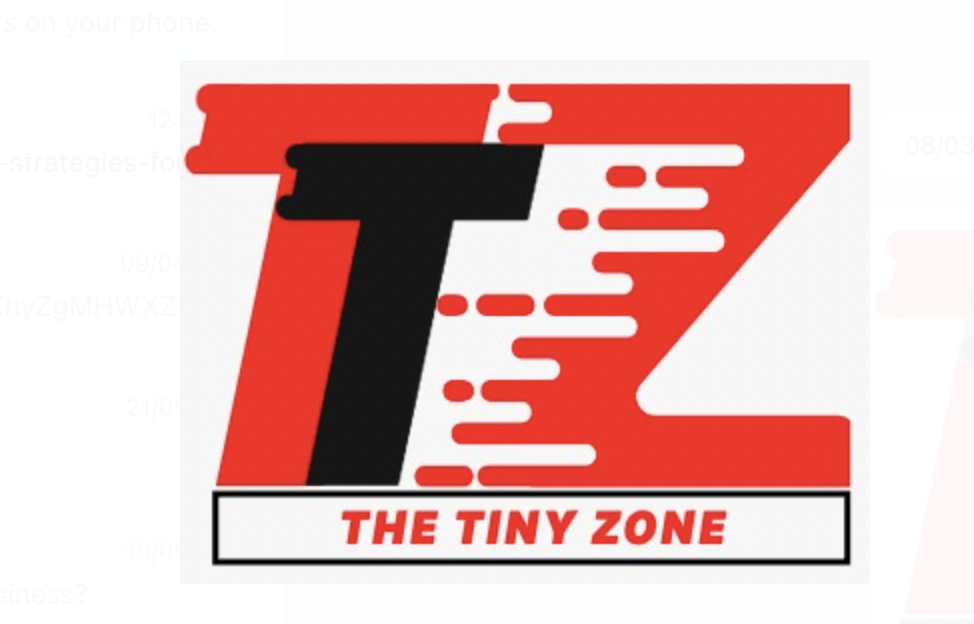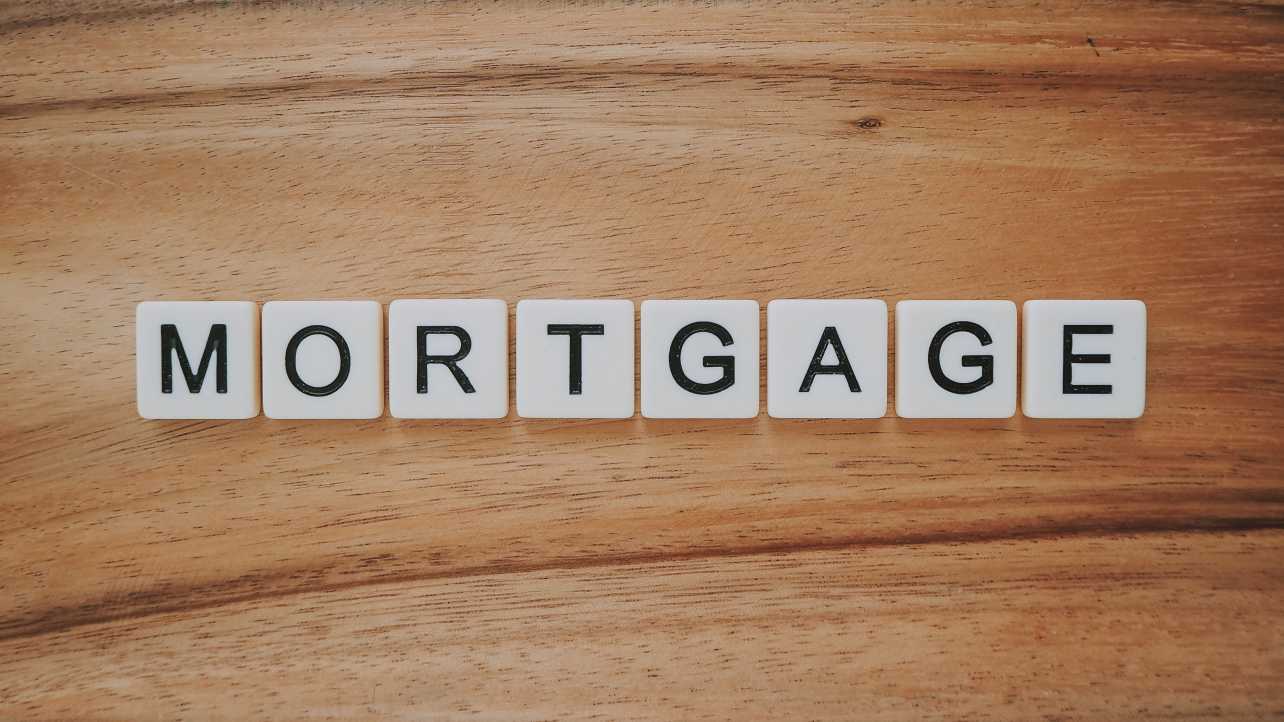Getting ready to take your first step onto the property ladder can be daunting. The financial and legal jargon alone is often difficult to come to terms with. However, there are resources and professionals there to help you through the process.
In this article, we’ll start by introducing you to the world of mortgages, which are a key part of buying your first home. Let’s begin!
What is a mortgage?
A mortgage is a sum of money loaned to you so you can buy a property. They’re typically long-term agreements where you agree to pay back the lender over many years with additional interest fees added.
You need to apply to banks and lenders for a mortgage and your chances of being accepted depend on a few factors. Mainly, you need a healthy credit score, stable employment and income, and a large enough deposit to put down on the property.
If you’re unsure what any of these terms mean, it’s best to start researching early so you can prepare your finances as best as possible.
Why are interest rates important?
We’ve mentioned interest rates above, but this concept can be confusing for people completely new to personal finance.
Essentially, an interest rate is the percentage of your loan that you’ll have to pay back each year as a charge for borrowing the money. It’s the same but in reverse for savings rates and ISA accounts – the higher the interest rate, the more you’ll earn for having money stored away.
They play a role in determining how much money you’ll pay back each month and over the mortgage term. Depending on the type of mortgage you get, the interest rate could change or stay the same for a fixed period.
Understanding interest is important to ensure that you’re not left with a bad deal and paying lots more than you should be.
What types of mortgages are available?
There are many different kinds of mortgages available, although you’re unlikely to be accepted for most of them as a first-time buyer. The main types worth knowing for now include:
- Fixed-rate mortgage – This is where your interest rate is fixed at a certain percentage for a certain period of time, which gives you protection if interest rates rise.
- Variable-rate mortgage – As you can probably guess, in these agreements your interest rate can rise and fall in line with the standard variable rate (SVR) set by the lender. It’s usually reflective of interest rates across the economy.
- 95% mortgage – A type of mortgage designed to help first-time buyers get on the property ladder. It allows people to buy houses with a smaller deposit amount – only 5% of the value.
- Guarantor mortgage – If you don’t have the income to qualify for a mortgage by yourself, someone else can act as your guarantor and help you secure one. However, this is potentially risky because it makes someone else financially liable for your debt if you fail to make repayments.
Other factors to consider
The mortgage process is complex and confusing to navigate as a first-time buyer. You’ll have to deal with banks and financial institutions, solicitors and other third parties to make everything happen. Check out more thorough guides on the process for information about other factors that you should be aware of.
For now, just focus on improving your financial circumstances and building your deposit so you have the fundamentals sorted.


